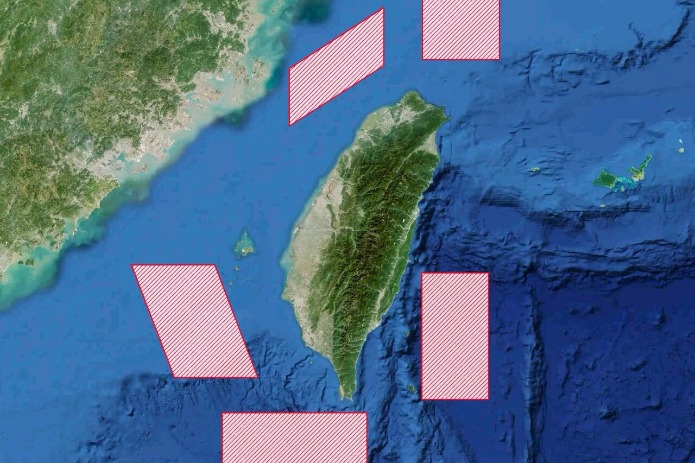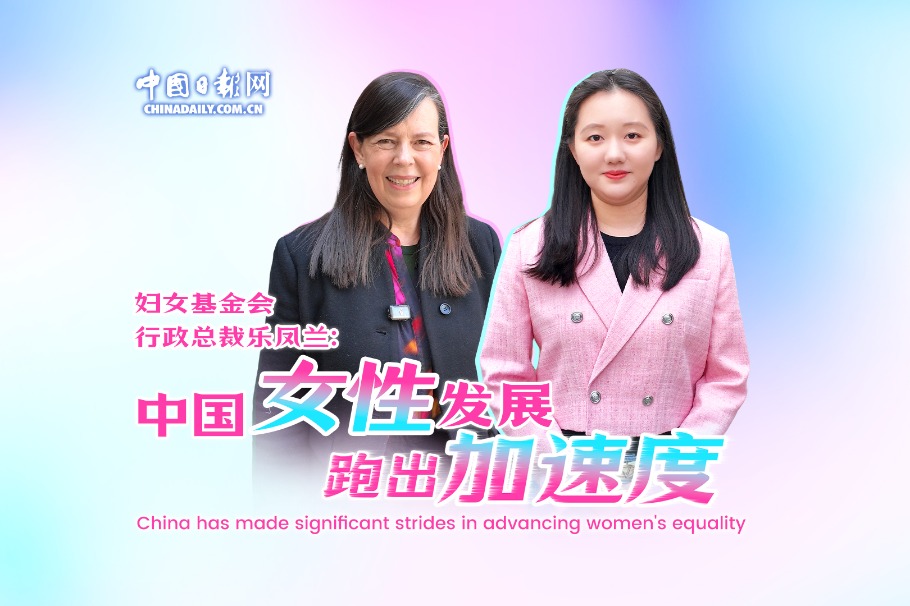Celebrating the lives of people who care for others

TV series Minning Town made a big splash among audiences at the beginning of the year.
The drama tells the story of people in Xihaigu, Northwest China's Ningxia Hui autonomous region, relocating from their hometown which was labeled "the most unfit place for human settlement" by the United Nations in the 1970s, in response to the call of the national poverty alleviation policy since the 1990s. With the help of East China's Fujian province, which was ordered to provide assistance to the place, they finally transformed their poverty-stricken hometown into a golden shore.
In the drama, the Fujian official played by actress Yao Chen made many and major contributions to the change of Xihaigu people's lives. Its prototype is Lin Yuechan, former director of Fujian's provincial Poverty Alleviation and Development Office. Although she is 75 now, her mobile phone is still full of information about new development of Ningxia. Her story is recorded in the recent program Yue Du Jia (Pleasant Reading Family) now in its third season.
Produced by the Fujian Women's Federation, Fujian Working Committee on Children and Women, and Fujian Satellite TV Center, the eight-episode series focusing on the struggles of Fujian women in different times was aired on the South-East TV recently. The three seasons have received 350 million clicks online.
"As an old revolutionary area, Fujian has witnessed many important events in the history of the Communist Party of China, so we have many red resources and revolutionary predecessors. It's an attractive angle to see how the female Party members follow the Party and made their respective contribution in different periods of the history," says Lin Yeping, president of Fujian Women's Federation.
"We choose the most symbolic figures of different times, namely the New Democratic Revolution (1919-49), Socialist Revolution and Construction (1949-78), Reform and Opening-up and Socialist Modernization (1978-2012) and the New Era of Socialism with Chinese Characteristics (2012 to present).
"Some of them are well-known, like Lin Qiaozhi, one of the founders of modern Chinese gynecology and Xie Xide, former president of Fudan University. And we try to show details that people may not be familiar with. Some others are typical figures who can represent a group of people, like community worker Lin Dan and police Lin Chunlan," says Guo Quan, deputy director of Fujian Satellite TV Center.
Speaking about the title of the program, Guo explains pleasant refers to the emotions, which is an important thing the program wants to show. Reading refers to their biographies in the program as references for the audience to better know about their life, and family refers to the women's contributions to their families and the country.
The former two seasons adopted the format of interviewing people in the studio to introduce the figures, but Guo looks for a more in-depth way of showing people's stories, so in this season crew members walk into the family and working environment of the people, and try to understand them more in their natural environment.
"For example, when we shoot the story of oceanographic expert Hong Huasheng, we went to her laboratory and her home. We not only interviewed herself, but also her students, relatives and friends, so that the story can be vivid just like a documentary," says Guo.
They checked the most important moments in each person's life, looked for details about such moments, especially the emotional ones and showed them in the production.
"For example, when we tell the story of New Fourth Army soldier Yin Feng, we interviewed her three children. One of them said when they were young, their mother was so busy at work that sometimes she ignored the children. One day they waited for her to pick them up after school, but she didn't come, so the three children hugged together and cried. Finally they were sent back home by a nurse of the school," says Guo.
"We focused on people's emotions in the program, and I believe they are touching at any time. We want to see in the face of the historical changes, how they made choices, how they insisted on their choices and how they played their role," he adds.
Guo says he was influenced tremendously by the women in making the program, and hopes more people will learn from them. "Shooting the program often makes me feel I travel to the times of the heroines. I have female family members, but the program gives me a different angle to view and understand women," says Guo.
"I believe the great women are role models of current young people, and their story will strike a chord with the audience," he adds.
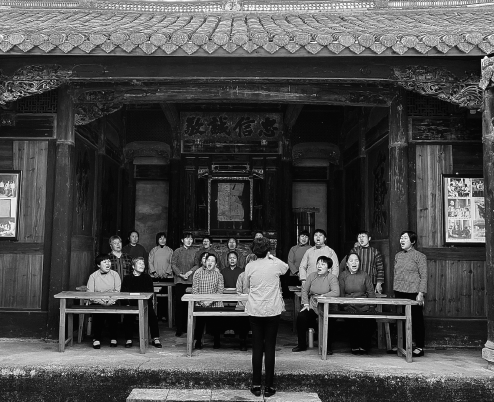
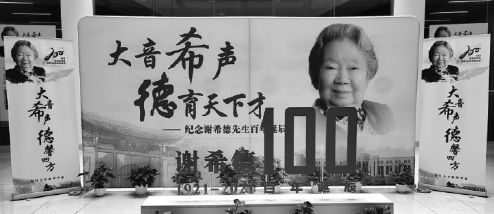
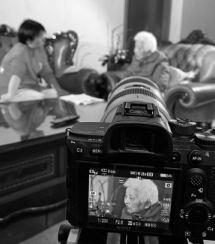
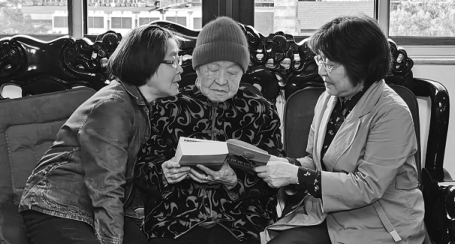
Today's Top News
- Trump says 'a lot closer' to Ukraine peace deal following talks with Zelensky
- China pilots L3 vehicles on roads
- PLA conducts 'Justice Mission 2025' drills around Taiwan
- Partnership becomes pressure for Europe
- China bids to cement Cambodian-Thai truce
- Fiscal policy for 2026 to be more proactive


















